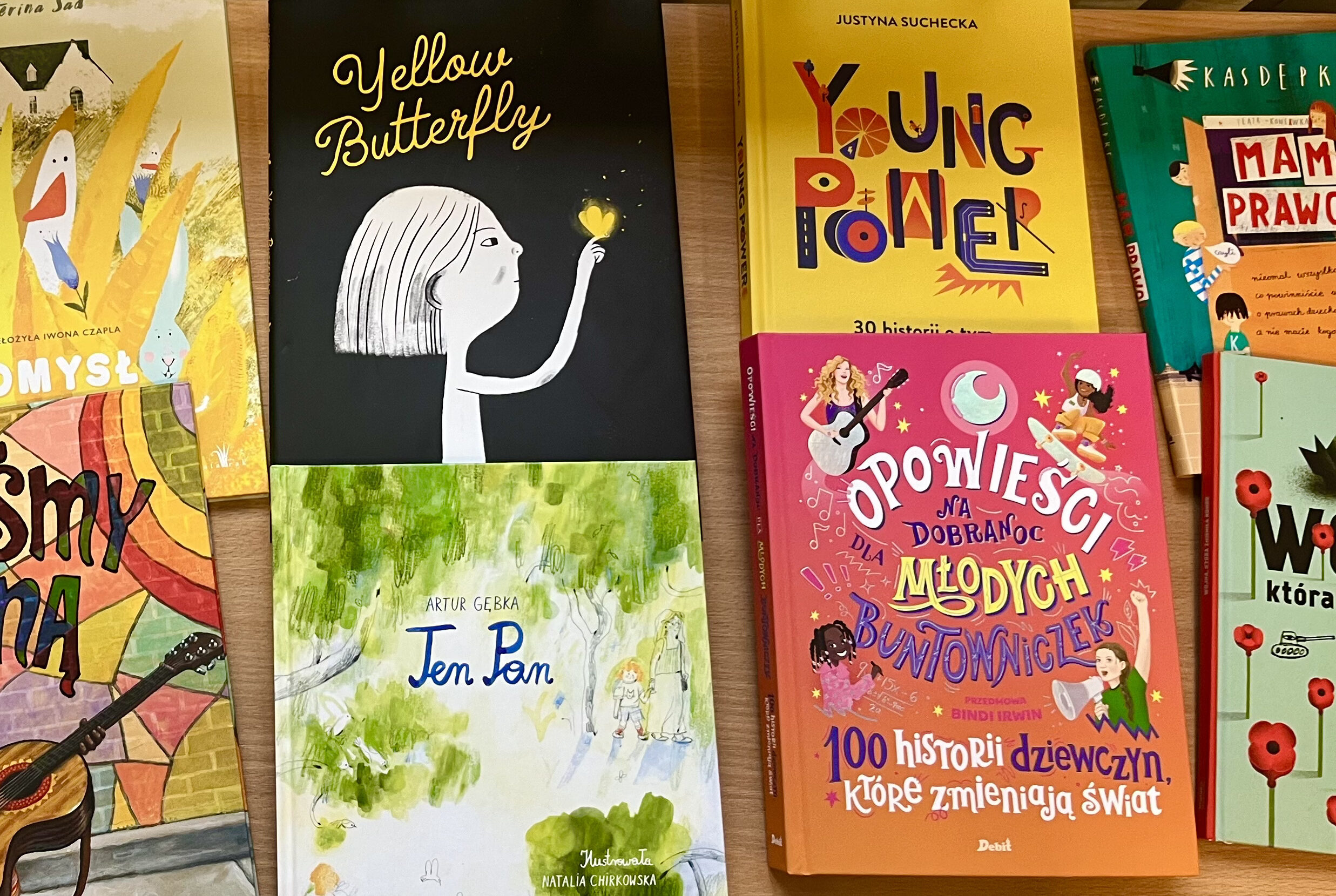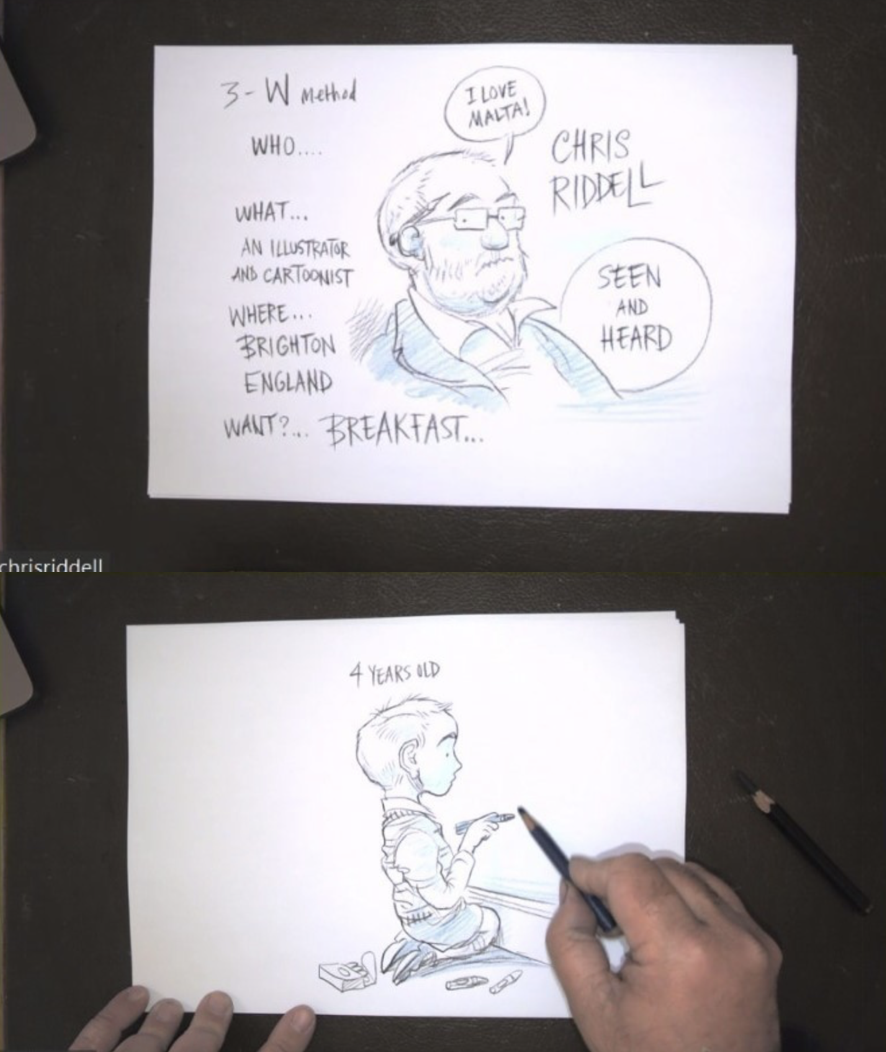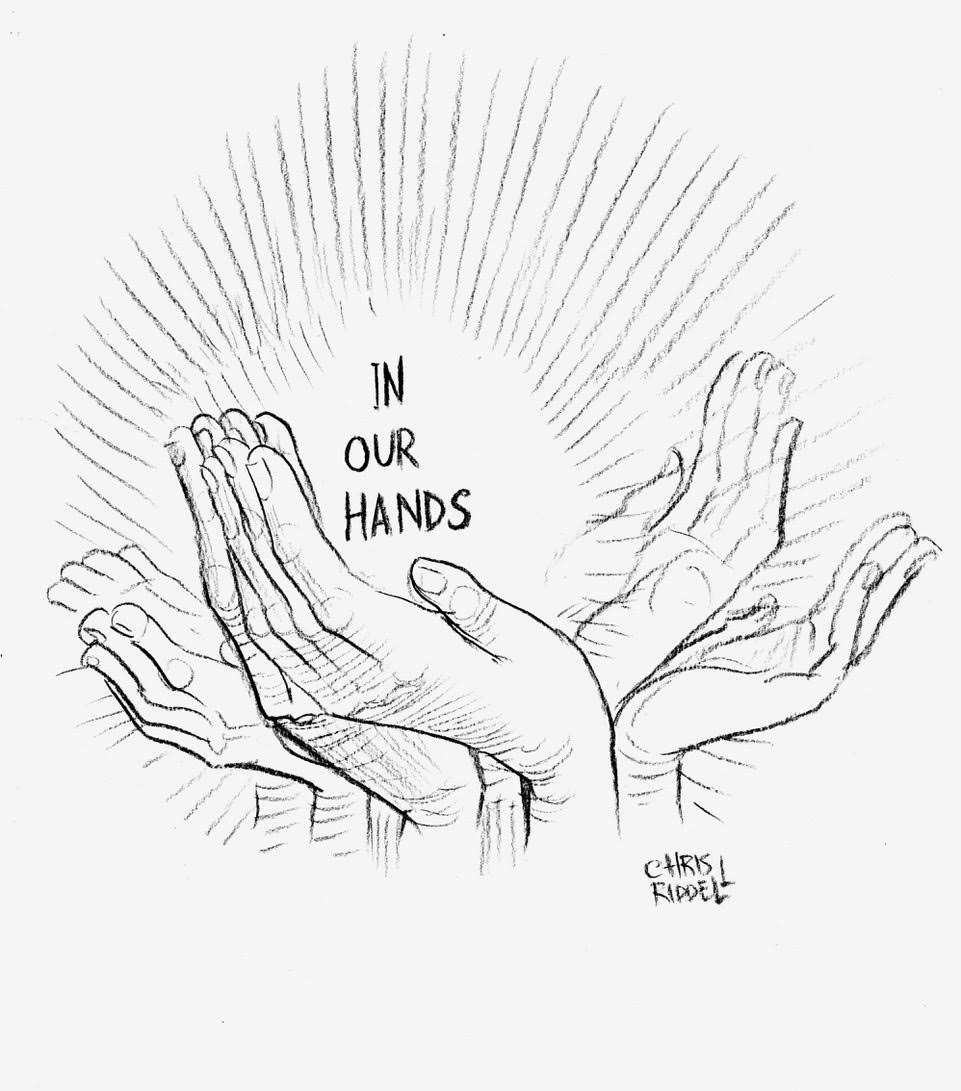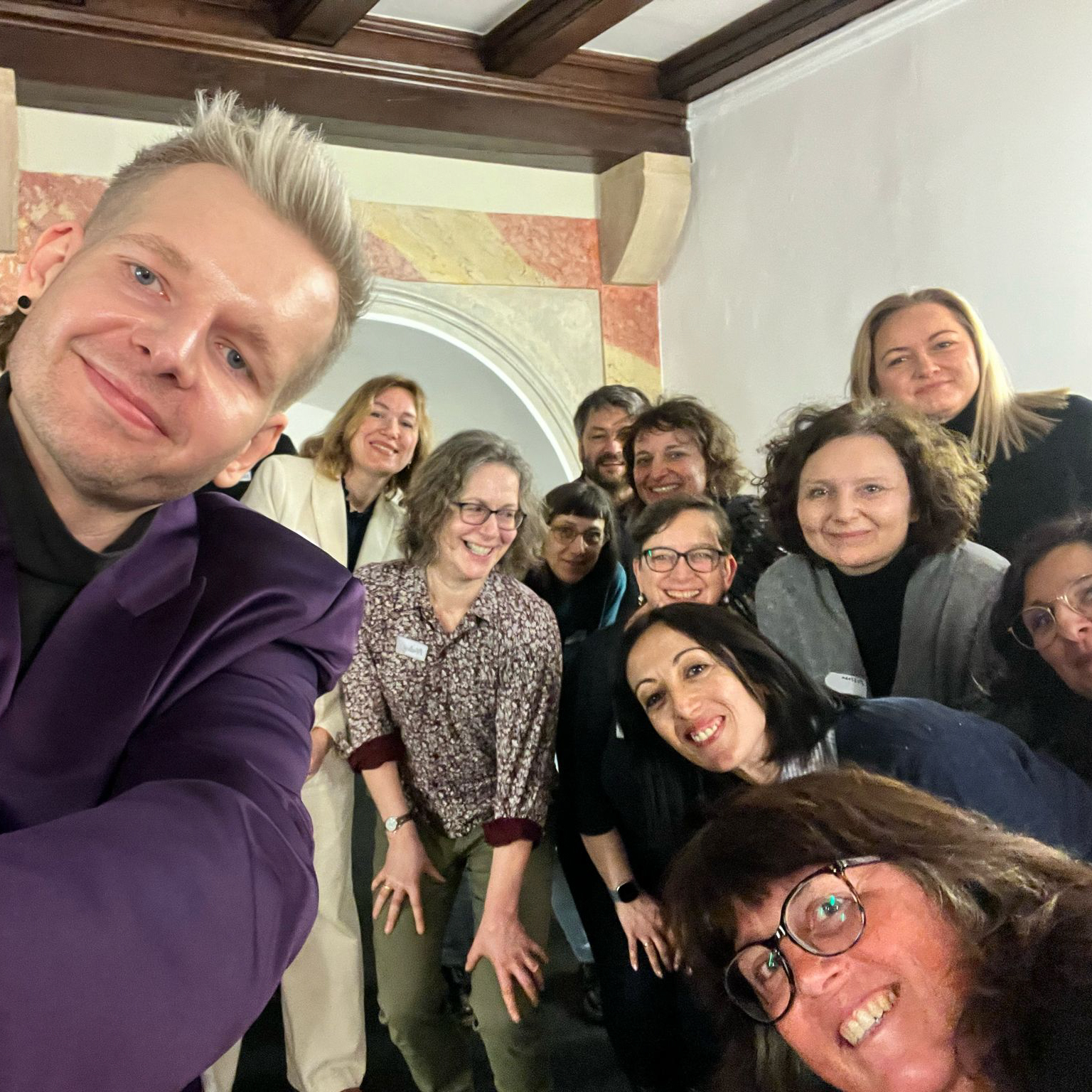
Dr. Mateusz Świetlicki (University of Wrocław, Poland)
With Seen and Heard, our aim is to demarginalise young people and give them space that they may not otherwise have due to their context, to voice their concerns and opinion. Words by Dr. Mateusz Świetlicki.

Dr Farriba Schulz (Humboldt-Universität zu Berlin)
Wherever we are, be it in the museum, theatre or at the university, we surround ourselves with different art forms, to familiarise ourselves with various strategies in order to help children to be Seen and Heard. Words by Dr. Farriba Schulz.

Dr Giuliana Fenech, University of Malta
Chris Riddell explains that drawing can help us to express how we feel, what has happened to us in our life and what we dream of or desire - the stepping stone towards Seen and Heard's mission, freedom of expression. Words by Dr Giuliana Fenech.

Nicky Parker (Amnesty International, Poland)
There are over 600 young people of over 50 nationalities involved in this project, aged 11 to 14 (both children and adolescents), speaking at least eight languages between them. Many are refugees and migrants, most are from marginalised communities. How can we genuinely enable their participation in one small book? Nicky Parker, from Amnesty International Poland, runs us through their philosophy and how this will be integrated in Seen and Heard.

Dr. Justyna Deszcz-Tryhubczak (University of Wrocław, Poland)
Children’s participation in social and political life and intergenerational connectivities that may emerge once adults recognize young peoples’ agencies have for a long time been at the heart of my research – both in my theoretical work and in practice. I was engaged in several projects in which I collaborated with children as co-researchers actively shaping the research process.

Dr Giuliana Fenech (University of Malta)
Young people's right to freedom of expression is a complex matter on many levels. Firstly, very few young people are educated about their human rights. Secondly, geopolitical context often dictates the level of risk involved in speaking out and up about injustice. Thirdly, various adult stakeholders are involved in ensuring or oppressing young people's right to express themselves; parents and guardians, school management and teachers, government officials and legislators, and the list could go on.
